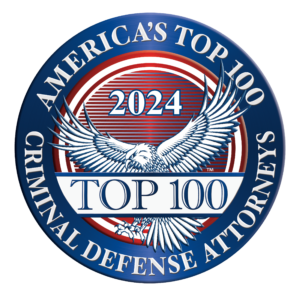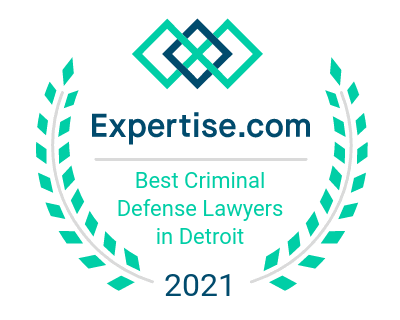Background of Bridgegate
The George Washington Bridge, which connects New Jersey to New York, is the busiest motor-vehicle bridge in the world. “Bridgegate” was a United States political scandal in which a staff member and appointees of New Jersey Governor Chris Christie colluded to create traffic jams in Fort Lee, New Jersey, by closing two of the three toll lanes for a local street entrance during morning rush hour, without prior notice to anyone. The lane closures caused backups and gridlock on local streets until the lanes were opened 4 days later. It was suggested that the lane closures were intentional and politically charged. Specifically, it was said that they did this to punish the mayor of Fort Lee for refusing to support Governor Christie’s reelection effort. A federal investigation was launched which resulted in indictments for deputy chief of staff Bridget Anne Kelly, and staff members Bill Baroni and David Wildstein. Wildstein pled guilty and cooperated with the government by testifying against Kelly and Baroni. They were found guilty on all counts. Kelly and Baroni appealed their convictions, which resulted in the case being heard by the United States Supreme Court in Kelly v. United States.
THE SUPREME COURT DECISION IN KELLY V. UNITED STATES
In the case of Kelly v. United States, the United States Supreme Court unanimously ruled that Kelly and Baroni did not commit any federal crimes. The Court found that the officials did not obtain any money or property when they shut down the toll lanes. In the Court’s eyes, they did use their governmental authority for corrupt and fraudulent reasons; but since they did not profit off of their activity, they would not be held criminally liable for public corruption. The Court questioned federal prosecutor’s interpretation of the federal bribery statute, insisting they were going way too far. Even though the Court wasn’t exactly thrilled with the conduct itself, they viewed the conduct as political and not criminal. Attorneys for Kelly and Baroni in their trial viewed the actions as simply “bareknuckle New Jersey politics.” The Supreme Court’s unanimous decision in this case makes it clear that in order to convict someone for public corruption, the activity has to include some sort of profit or benefit from the conduct.
HOW DOES THIS AFFECT ME?
If you are a public official at any level of government, you might be at risk. Temptations to abuse public positions for personal gain are far too common, and unfortunately not everyone is able to always resist these temptations. Sometimes, people in various positions in government don’t even realize the illegal activity they are participating in. Many times, a specific work culture can be what opens the door to federal public corruption charges. The people around you might be profiting from illegal and corrupt behavior without you even realizing it. Your role in these situations will be scrutinized by investigators as they try to build their cases against those it suspects of corrupt behavior. If you have any questions relating to public corruption, it is important that you speak to an experienced federal public corruption attorney as soon as possible. Ignorance of the law is not a defense. It is your responsibility to understand your role and the limitations you have by law. If you are in the public eye, then you are also dealing with public trust. A loss of that trust can be devastating to any future career in government work.





